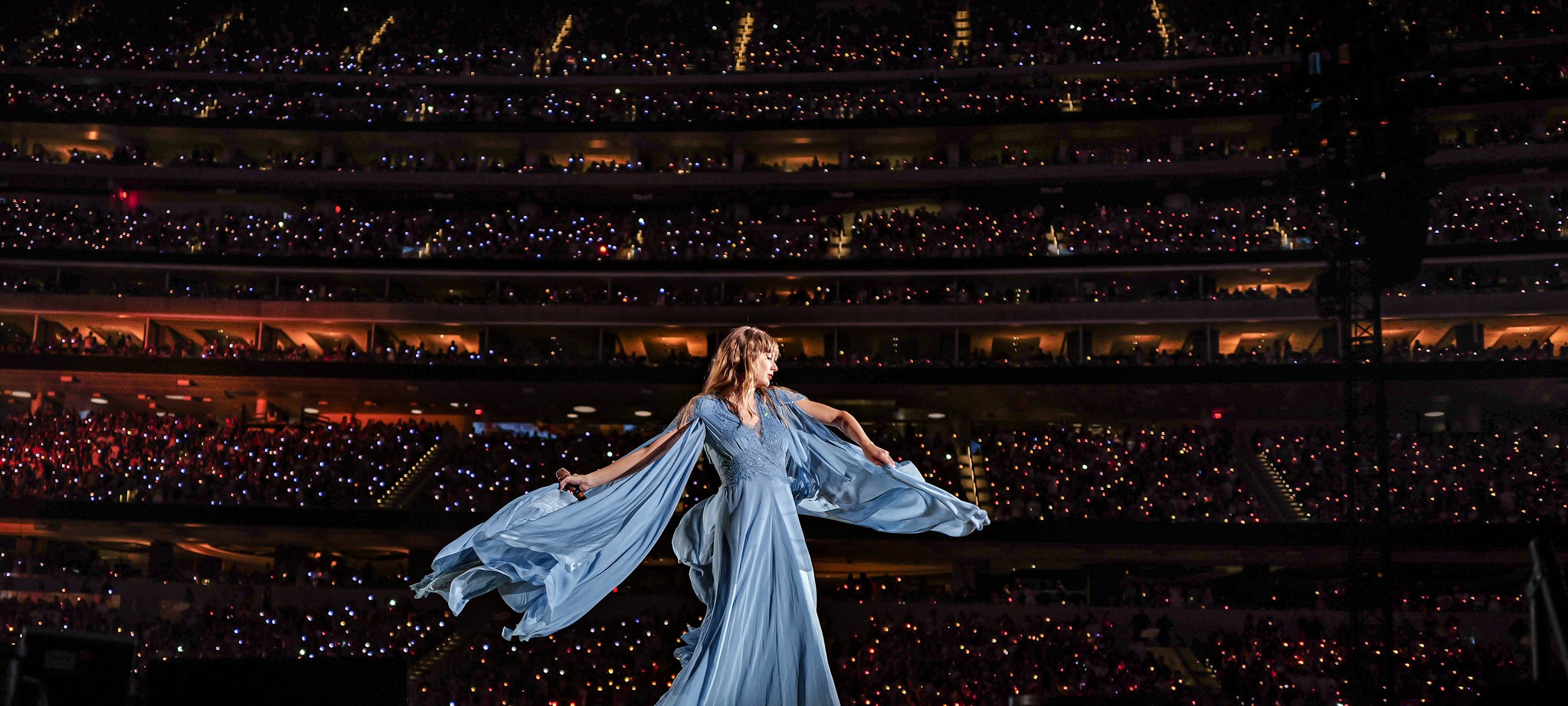Taylor Swift: The end of an era as she finally owns all her music
Taylor Swift’s business acumen has been inspiring. The global superstar has long awaited to own her music and her intellectual property, including concert films, album art, and unreleased songs. The strenuous saga of six years has come to an end. She has now reclaimed her catalogue, fulfilling her dream of twenty years, marking another milestone for musicians.
The battle of owning your own masters is one rooted in the efforts of African American artists. Notably, Stevie Wonder is known as a pioneer in owning music, as he used his independent releases as leverage, following the end of his contract with Motown in 1971, to negotiate a more open contract with his Motown – allowing him to hold music publishing rights with his own company. Furthermore, Prince, before his passing, advocated for artists to own their masters, and if possible to avoid contracts with labels and embark on an independent career as he did, following his negative relationship with Warner Music.
This year, however, Swift bought back the masters, and more importantly sparked more conversations on equity for artists
In 2019, Scooter Braun, through his holding company, Ithaca Records, acquired Swift’s former label, Big Machine Records, and in turn ownership of Swift’s masters and copyrights were transferred to Braun. However, this transfer of intellectual property occurred without consideration of Swift, who had previously attempted to buy her masters, but wasn’t given a fair deal. This move sparked a public dispute, with Swift expressing her disapproval and announcing plans to re-record her early work to regain control over her music. This plan ultimately proved a valuable lesson: artists have just as much power as the label.
By 2020, Braun sold the masters to Shamrock Capital for $405 million, described by Swift on X as “the second time my music had been sold without my knowledge”. Swift declined a partnership with Shamrock, citing Braun’s continued financial gains. Instead, she continued to embark on re-recording her albums, releasing Fearless (Taylor’s Version), Red (Taylor’s Version), Speak Now (Taylor’s Version), and 1989 (Taylor’s Version) between 2021 and 2023.
This year, however, Swift bought back the masters, and more importantly sparked more conversations on equity for artists, encouraging new artists to negotiate for owning their masters in their contracts. The benefits of owning your master are very lucrative. It gives you creative control and greater autonomy, allowing you to leverage your music in advertisements, television, and film – without an intermediary. Moreover, it allows for greater revenues directly from streaming to be accessed.
Her most significant legacy is proving that vulnerability and strategy, emotion and execution, can coexist.
Swift has thanked her team and fans for making it possible, with her writing in her letter: “The passionate support you showed those albums and the success story you turned The Eras Tour into is why I was able to buy back my music.” This was released on 30 May, when she also posted photos on Instagram of her alongside her reclaimed catalogue, with the caption “You belong with me” referencing her third single from her second album, Fearless.
This is now another milestone that joins the many career milestones of Swift since her debut 19 years ago. Taylor Swift is one of the best-selling music artists in history, and through this purchase she joins an upper echelon of artists, such as Beyoncé, Rihanna, and Frank Ocean, all of which have been successful in owning their masters. Moreover, The Eras Tour has created and broken numerous records. The Eras Tour shattered records, becoming the highest-grossing concert tour, and showcased her evolution as an artist. Her most significant legacy is proving that vulnerability and strategy, emotion and execution, can coexist.
Swifties around the world were elated and celebrated the moment, applauding her resilience and vision. Taylor Swift is no longer just a pop star, and she hasn’t been in quite some time. She’s a case study in reclaiming power, one album at a time.

Comments